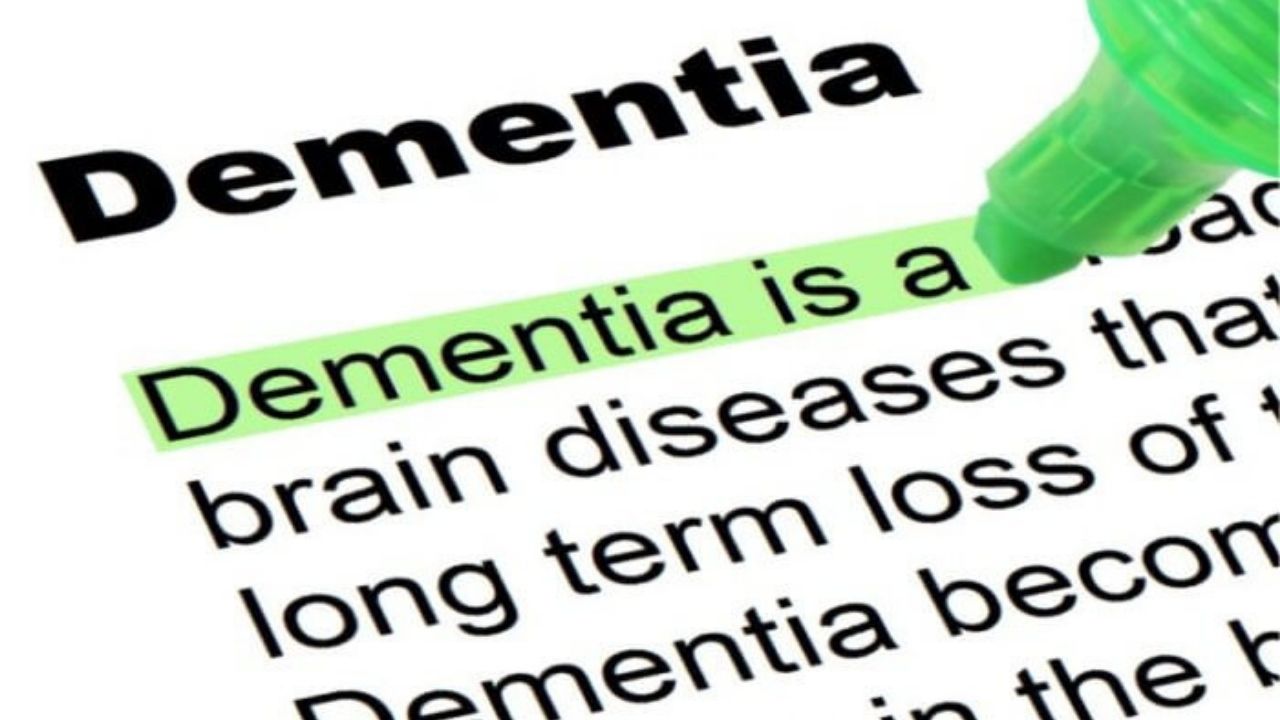CHANDIGARH
Dementia is the seventh largest cause of mortality globally, according to the World Health Organization (WHO), and one of the top causes of impairment and reliance among the elderly.
While there is presently no treatment for dementia, doctors have identified many factors that might help people avoid acquiring the disease later in life.
Vascular illnesses impact the blood arteries, which transport oxygen and nutrients throughout the body while also removing waste from the tissues. It can include artery, vein, and lymph vessel problems as well as blood disorders that alter blood circulation. Plaque, which is made up of fat and cholesterol, causes the majority of vascular issues.
High blood pressure can also harm one’s arteries, making them less elastic and reducing the flow of blood and oxygen to the heart.
Diabetes is also connected to a variety of vascular issues, including retinopathy, which is an eye ailment, nephropathy, which is kidney disease, and atherosclerosis, which is artery hardening.
However, it is critical to monitor your vascular health since it might reveal a variety of heart-related disorders.
According to a new study, poor vascular health might impair brain blood circulation, causing irreversible cell damage.
High blood pressure and blood sugar were two health issues that came up throughout the study, both of which are linked to an increased risk of dementia in adults in their 60s over the next ten years.
“The findings from this study reflect prior studies,” adds Research UK, “which links vascular risk factors, such as high blood pressure and diabetes, with an increased risk of dementia later in life.
“We know that poor vascular health increases the risk of developing small vessel disease and other disorders that impact blood flow in the brain, causing irreversible harm to our brain cells,” she continues.

 हिंदी
हिंदी






